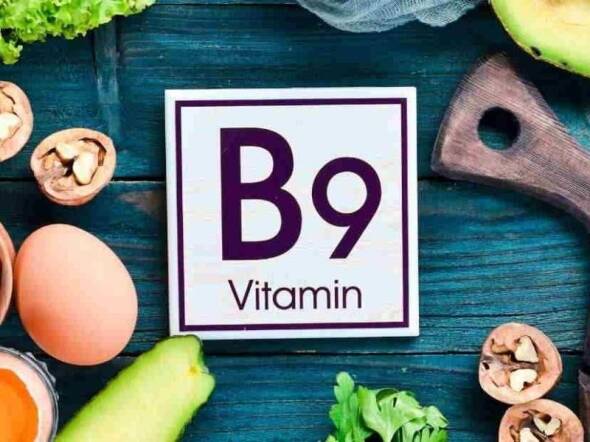If you’re trying to conceive, either on your own or through fertility treatment, there is no doubt that taking vitamin B9 (folic acid) is a great place to start. But why? RMA’s Dr. Jackie Gutmann tells you everything you need to know about this super-vitamin.
What are the benefits of taking folic acid before or during pregnancy?
- Folic acid is a B-vitamin. Our bodies use folic acid to make new cells that comprise our skin, hair, and nails.
- This cell-supporting vitamin is important for babies as they grow. Folic acid aids in the development of a baby’s nervous system and cellular growth.
- Folic acid reduces the risk of neural tube defects (NTDs), which can occur in the brain (anencephaly) and/or spine (spina bifida). It also appears to reduce the risk of cleft lip and palate.
- According to the Centers for Disease Control and Prevention (CDC), at least half of the 300,000 cases of neural tube defects worldwide each year can be prevented by taking folic acid.
When should you start taking folic acid and how much should you take?
Knowing when to take folic acid and in what quantity will ensure you start your fertility journey on the best possible foot.
The CDC and the American College of Obstetricians and Gynecologists (ACOG) urge women to take 400 micrograms (mcg) of folic acid daily for one month before trying to conceive.
How long after taking folic acid will I get pregnant?
Everybody is different when it comes to fertility and the likelihood of conceiving. Folic acid supplements when taken as part of a multivitamin are associated with an increased likelihood of pregnancy. They are also essential nutrients that every woman should take when planning to get pregnant. So kick off your day with a green smoothie, freshly squeezed orange juice, or a handful of almonds. You’ll be glad you did!
Foods rich in folic acid
- Foods like leafy green vegetables including spinach, kale, and arugula are rich in folic acid.
- Legumes, which include beans, peas, and lentils, are another great source of folic acid.
- Folic acid can also be found in citrus juices, asparagus, beets, and nuts.
To learn more about vitamins and fertility, read this blog: What Vitamins and Supplements to Take to Achieve Pregnancy?
